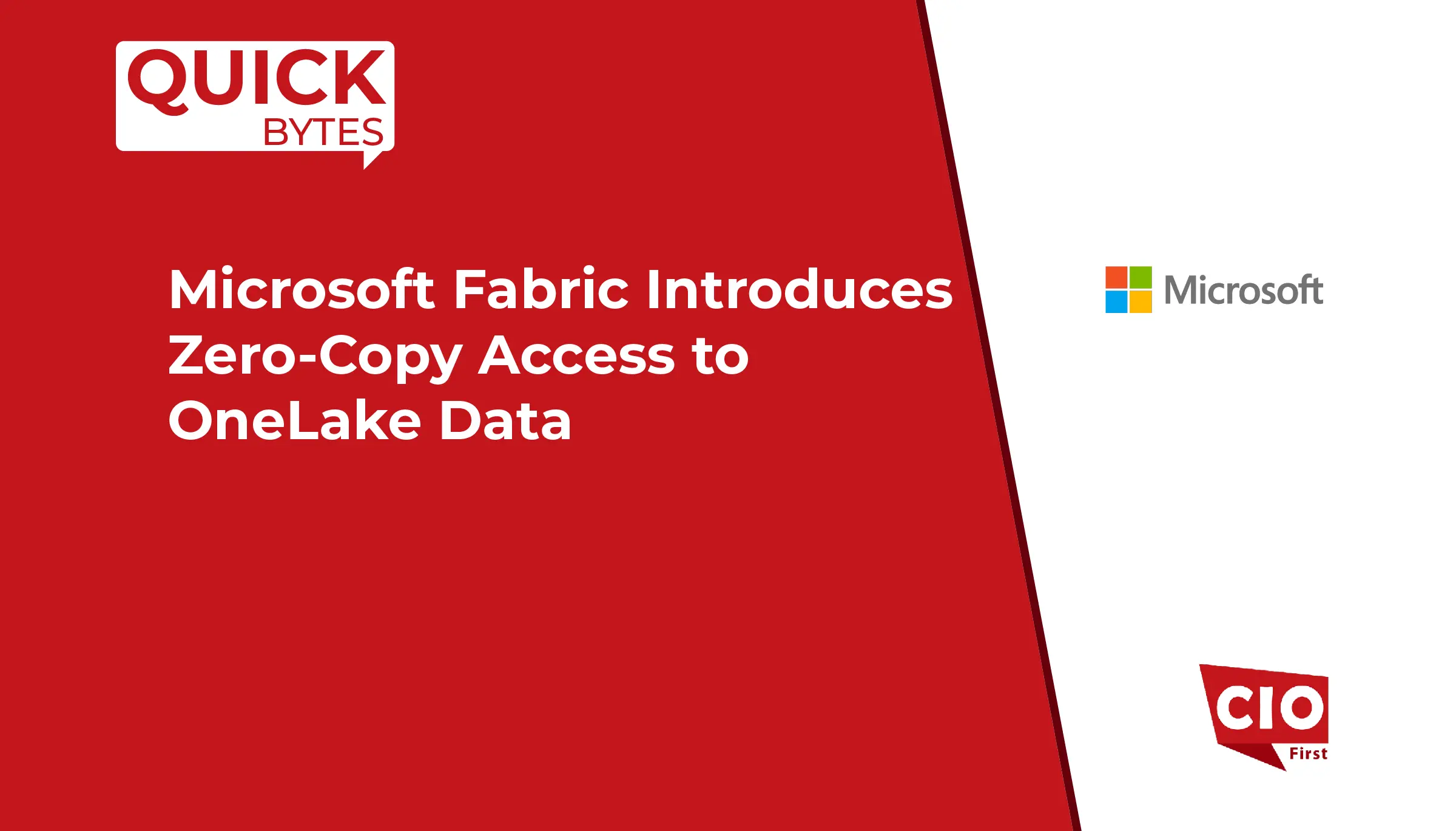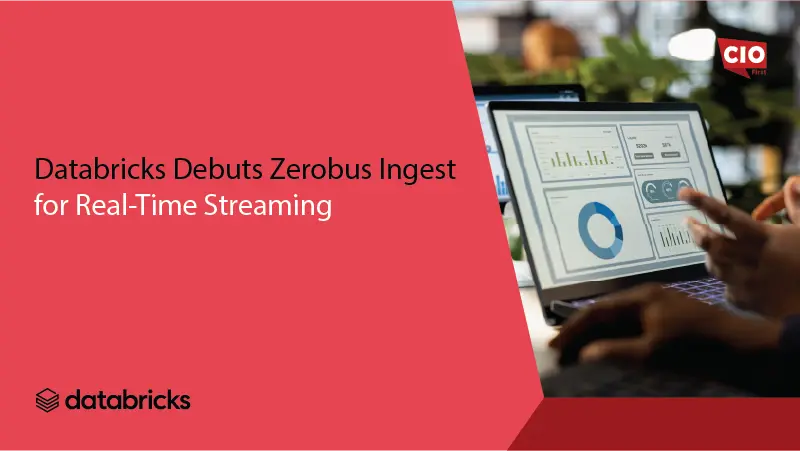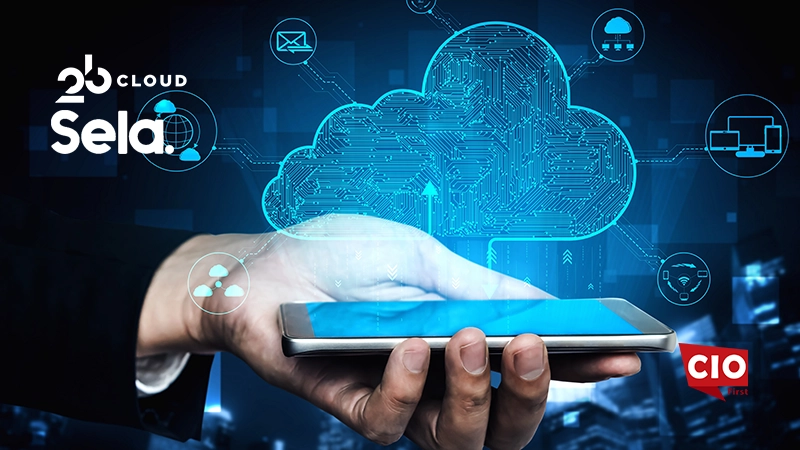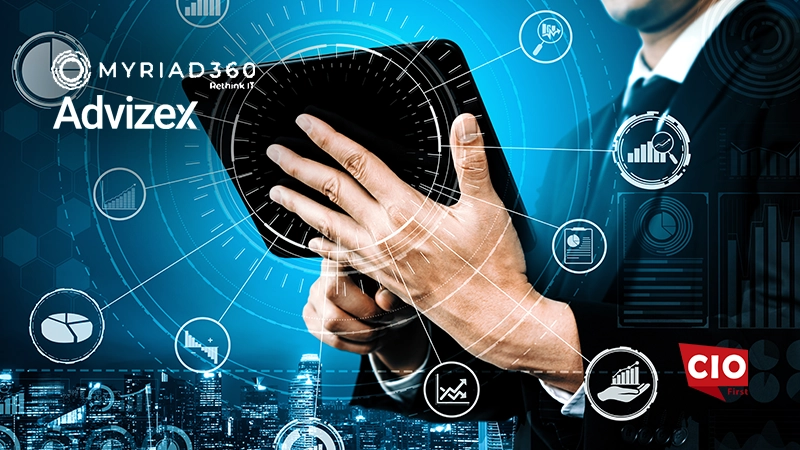Modernizing the ERP tech stack is essential for all businesses to overcome the challenges imposed by legacy ERP tools.
Enterprises need to modernize their tech stack to embrace digital transformation to ensure business continuity and scalability. With the rapidly evolving technology landscape, organizations leverage DevOps, APIs, serverless architecture, and micro-services to ensure business scalability. Moreover, there is a surge in the number of industry-wide sensory networks and Blockchain adoptions to modernize the IT infrastructure.
According to a recent report by BearingPoint titled “ERP Strategy 2027: Competitive edge or organizational burden?” nearly 85% of enterprises think that they urgently need a new ERP in 2021. The report also highlights that approximately 82% of the businesses expect their new ERP strategy to have a positive influence on quality.
Also Read: Upskilling DevOps is a Key to Building a Resilient Organization
A few businesses find it challenging to get rid of legacy systems and integrate modern and agile architectures.
Before embarking on an enterprise resource planning tech stack modernization, CIOs need to have a complete roadmap ready.
Here are a few ways to modernize the ERP tech stack:
Design and implement an efficient and cost-effective cloud migration strategy
Cost-saving is one of the most significant benefits of cloud transformation on business finances. However, a few enterprises find it challenging to save costs even after migrating to the cloud. Cloud migration strategies that are not well thought out will result in more dependence on legacy tools to accomplish a task. CIOs should consider developing and implementing a robust cloud migration strategy that enables them to migrate most of the workflows to the cloud. Businesses can match the workflows with cloud computing capabilities to save a significant amount of finances and increase operational efficiency.
Also Read: Businesses can Harness the Power of Intelligent Automation by Investing in their People
Leverage cloud transformation
Enterprises can integrate cloud computing and cloud ERP solutions into the enterprise tech stack to reap its benefits. Embracing cloud architecture will help businesses to migrate the ERP strategies from legacy systems to the cloud to minimize the headache of maintenance. Cloud enterprise resource planning tools enable organizations with regularly updated solutions with bug fixes. Moreover, the best cloud ERP vendors even regularly patch the attack surface areas when security threats are spotted. Migrating to cloud solutions will help businesses automatically create a back and recover from disasters to minimize the stress on the IT infrastructure. Embracing cloud transformation helps businesses to minimize operational expenditures. Legacy ERP tools might take time to deliver the expected result and ROI. Modernizing the enterprise resource planning strategies will assist enterprises in getting immediate results and increased ROI to rapidly scale the business. CIOs should consider migrating the legacy systems to the cloud to get a competitive edge and ensure business continuity irrespective of any disruptions. Enterprise can explore the cloud market to select the best ERP management tools that have all the modern features that the business requires to stand out from the competition.
Tailor-made enterprise resource planning approaches
The business demands and workflows are tremendously evolved in recent years. Enterprises need to understand the market, consumer, and employee demands to develop a robust ERP management strategy. It is crucial to analyze the end-to-end enterprise resource planning processes to spot all the strengths that can be banked on and weaknesses that need to be rectified. Keeping the entire workforce and stakeholders in the decision-making process will help to spot the aspects that need immediate attention. CIOs need to understand the legacy tools that create hindrances in business growth and prioritize modernizing them first to ensure quick results. Businesses that personalize the enterprise resource planning modernization approaches will enable them to reap the benefits and gain a competitive advantage.
























